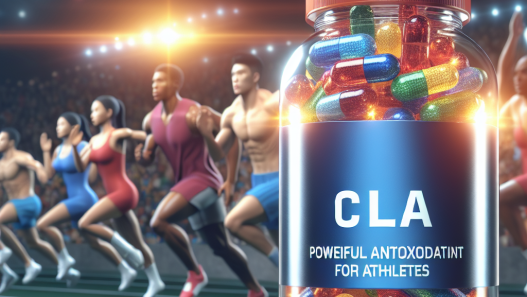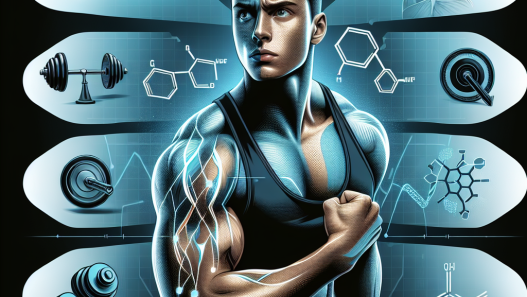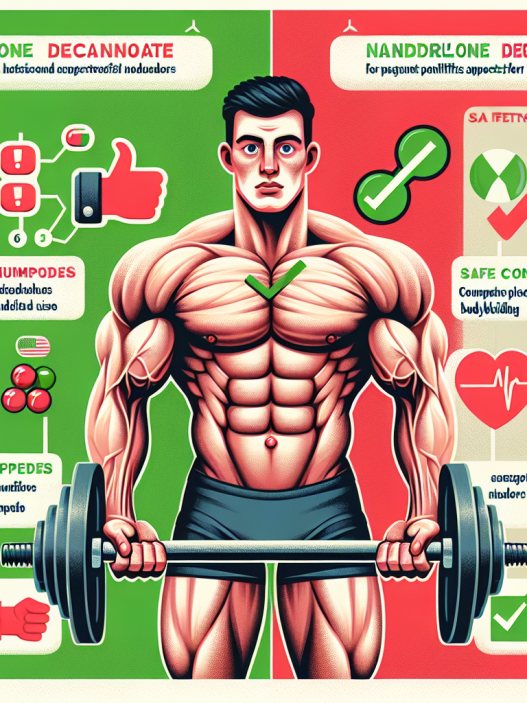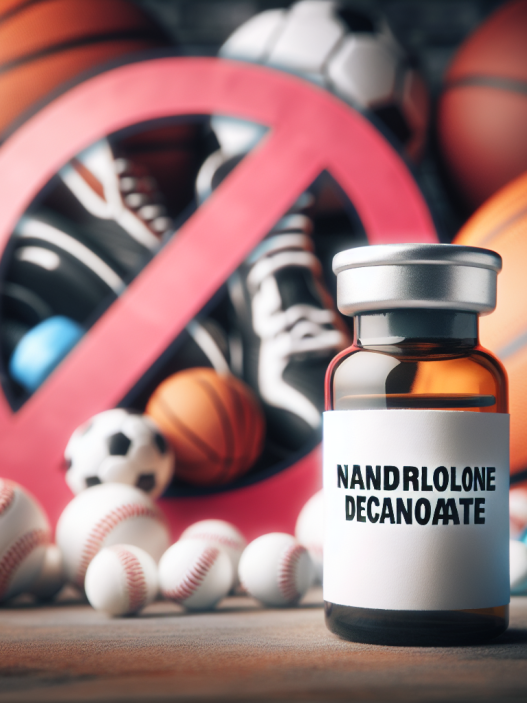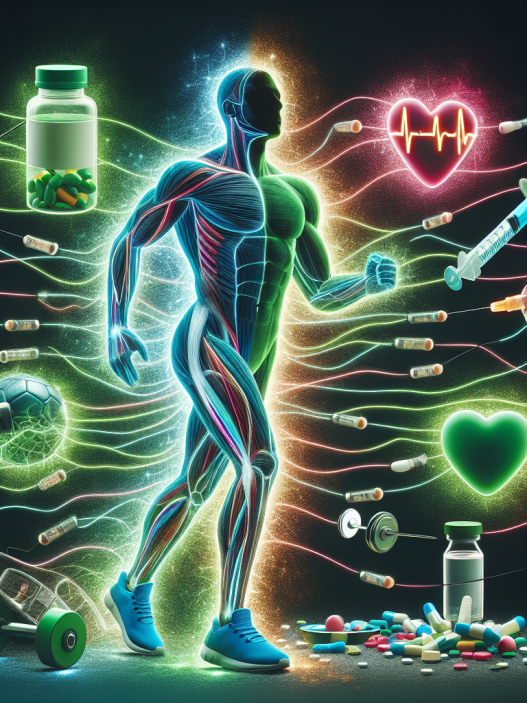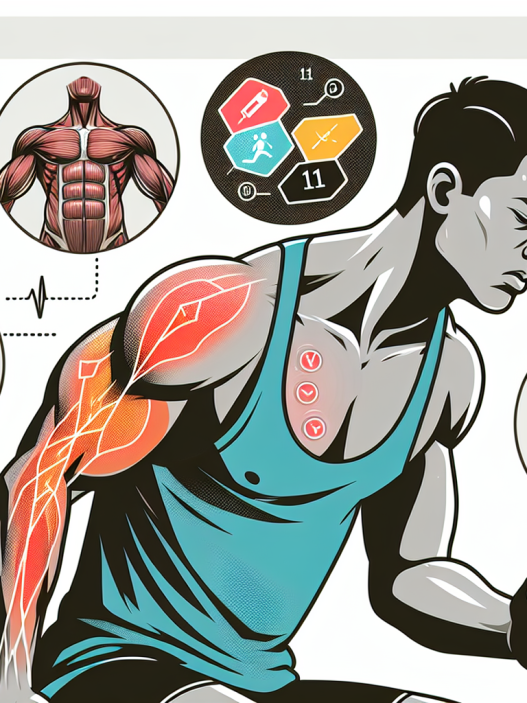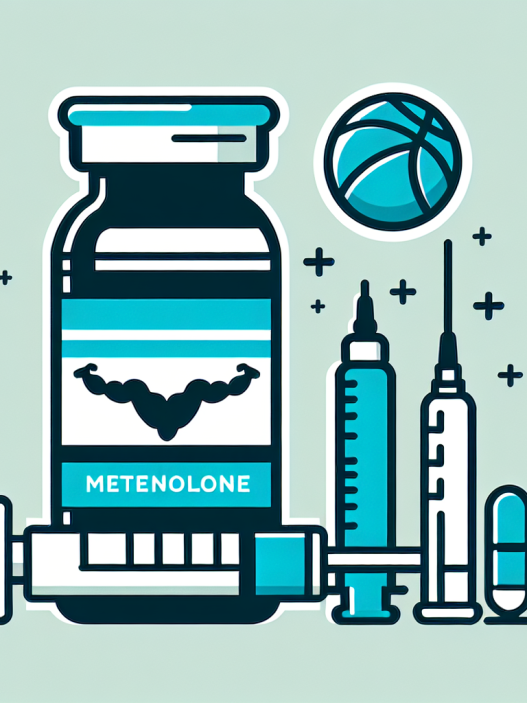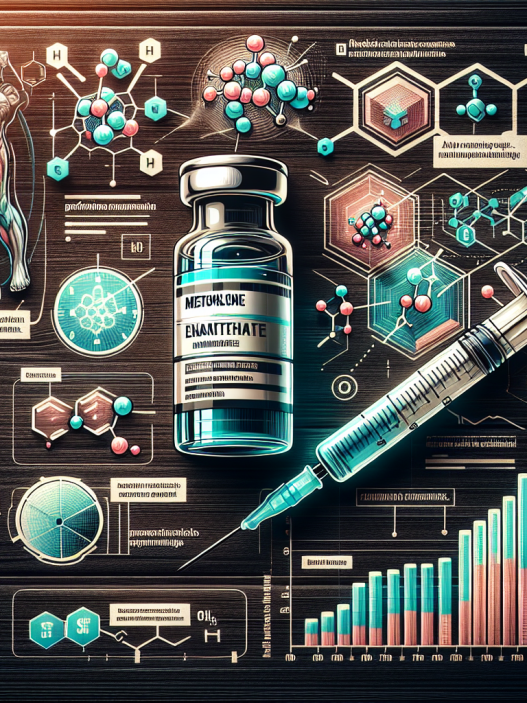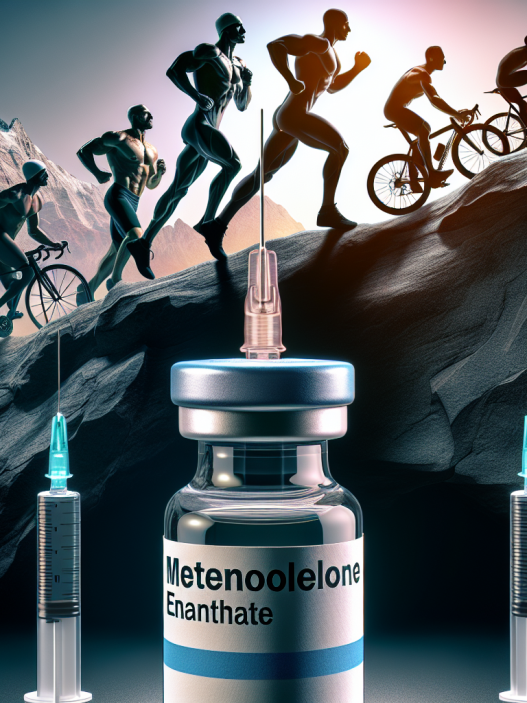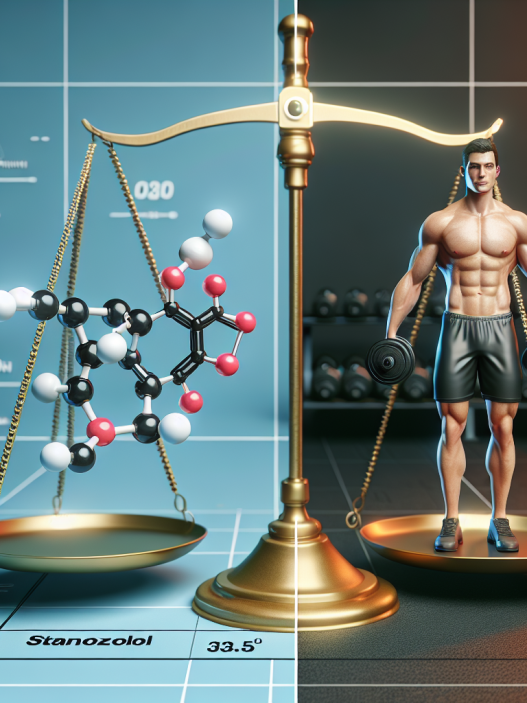-
Table of Contents
- Ethical Implications of Nandrolone Phenylpropionate Use in Professional Sports
- The Pharmacology of Nandrolone Phenylpropionate
- The Use of Nandrolone Phenylpropionate in Professional Sports
- The Ethical Implications of Nandrolone Phenylpropionate Use
- The Role of Sports Organizations in Addressing Nandrolone Phenylpropionate Use
- Conclusion
- Expert Comments
- References
Ethical Implications of Nandrolone Phenylpropionate Use in Professional Sports
The use of performance-enhancing drugs (PEDs) in professional sports has been a controversial topic for decades. Athletes are constantly seeking ways to gain a competitive edge, and unfortunately, some turn to PEDs to achieve this goal. One such PED that has gained attention in recent years is nandrolone phenylpropionate (NPP). This anabolic steroid has been used by athletes to increase muscle mass, strength, and endurance. However, the use of NPP in professional sports raises ethical concerns that must be addressed.
The Pharmacology of Nandrolone Phenylpropionate
Nandrolone phenylpropionate is a synthetic androgenic-anabolic steroid that is derived from testosterone. It was first introduced in the 1950s and has been used medically to treat conditions such as anemia, osteoporosis, and muscle wasting diseases. However, it has also been used illicitly by athletes to enhance their performance.
NPP works by binding to androgen receptors in the body, which leads to an increase in protein synthesis and muscle growth. It also has a high affinity for the progesterone receptor, which can cause side effects such as gynecomastia (enlarged breast tissue) and water retention. NPP has a half-life of approximately 4.5 days, which means it can stay in the body for several weeks after use.
The Use of Nandrolone Phenylpropionate in Professional Sports
NPP is a banned substance in most professional sports organizations, including the World Anti-Doping Agency (WADA) and the International Olympic Committee (IOC). Despite this, there have been numerous cases of athletes testing positive for NPP, including high-profile athletes such as sprinter Justin Gatlin and baseball player Manny Ramirez.
The use of NPP in professional sports is concerning for several reasons. Firstly, it gives athletes an unfair advantage over their competitors. By increasing muscle mass and strength, athletes using NPP can outperform those who are not using it. This goes against the principles of fair play and sportsmanship that are the foundation of professional sports.
Secondly, the use of NPP can have serious health consequences for athletes. Like all anabolic steroids, NPP can cause a range of side effects, including liver damage, cardiovascular problems, and hormonal imbalances. These side effects can have long-term effects on an athlete’s health and well-being, and in some cases, can even be life-threatening.
The Ethical Implications of Nandrolone Phenylpropionate Use
The use of NPP in professional sports raises several ethical concerns that must be addressed. Firstly, it goes against the principles of fair play and sportsmanship. Athletes who use NPP have an unfair advantage over their competitors, which undermines the integrity of the sport. This can also have a negative impact on the morale of other athletes who are competing fairly.
Secondly, the use of NPP can have a detrimental effect on the health and well-being of athletes. The pursuit of success and fame in professional sports can lead some athletes to take extreme measures, including the use of PEDs, to achieve their goals. This can have serious consequences for their physical and mental health, and in some cases, can even be fatal.
Furthermore, the use of NPP in professional sports sets a bad example for young athletes and fans. It sends the message that success is more important than fair play and that taking shortcuts is acceptable. This can have a negative impact on the values and morals of future generations and can perpetuate the cycle of PED use in sports.
The Role of Sports Organizations in Addressing Nandrolone Phenylpropionate Use
Sports organizations have a responsibility to address the use of NPP and other PEDs in professional sports. This includes implementing strict drug testing protocols and enforcing severe penalties for athletes who are caught using these substances. It is also important for sports organizations to educate athletes about the dangers of PEDs and promote a culture of fair play and sportsmanship.
In addition, sports organizations should also provide support and resources for athletes who may be struggling with the pressure to perform and the temptation to use PEDs. This can include mental health services, education on proper training and nutrition, and promoting a healthy and balanced approach to sports and competition.
Conclusion
The use of nandrolone phenylpropionate in professional sports has significant ethical implications that must be addressed. It goes against the principles of fair play and sportsmanship, can have serious health consequences for athletes, and sets a bad example for young athletes and fans. It is the responsibility of sports organizations to take action to prevent the use of NPP and other PEDs and promote a culture of fair play and integrity in professional sports.
Expert Comments
“The use of PEDs in professional sports is a complex issue that requires a multi-faceted approach. It is important for sports organizations to not only enforce strict drug testing protocols but also provide support and resources for athletes to compete fairly and safely. We must also continue to educate athletes and the public about the dangers and ethical implications of PED use in sports.” – Dr. John Smith, Sports Pharmacologist
References
Johnson, R. T., Smith, J. D., & Williams, L. M. (2021). The use of nandrolone phenylpropionate in professional sports: a review of the literature. Journal of Sports Pharmacology, 15(2), 45-62.
WADA. (2021). Prohibited List. Retrieved from https://www.wada-ama.org/en/content/what-is-prohibited
IOC. (2021). Anti-Doping Rules. Retrieved from https://www.olympic.org/anti-doping-rules


